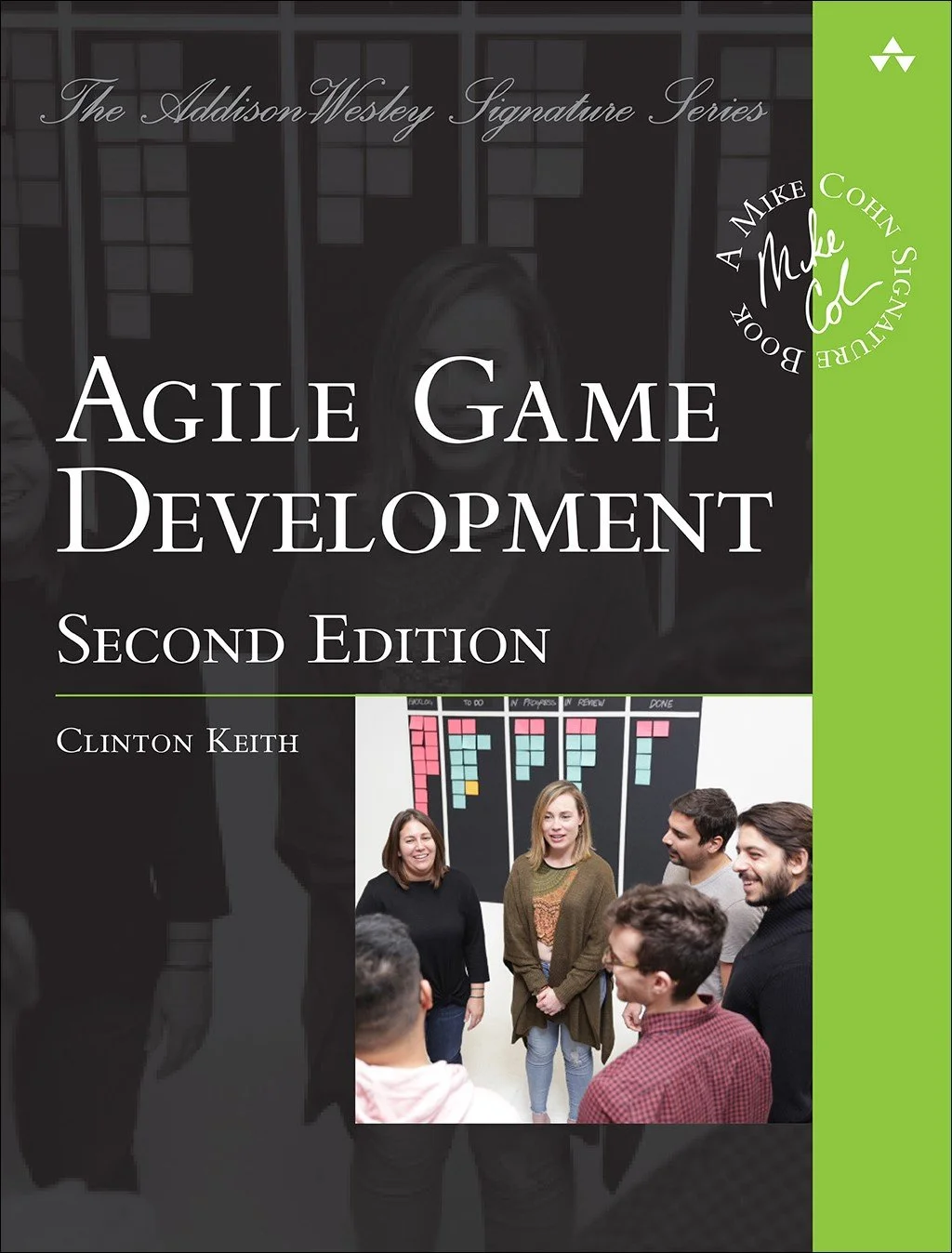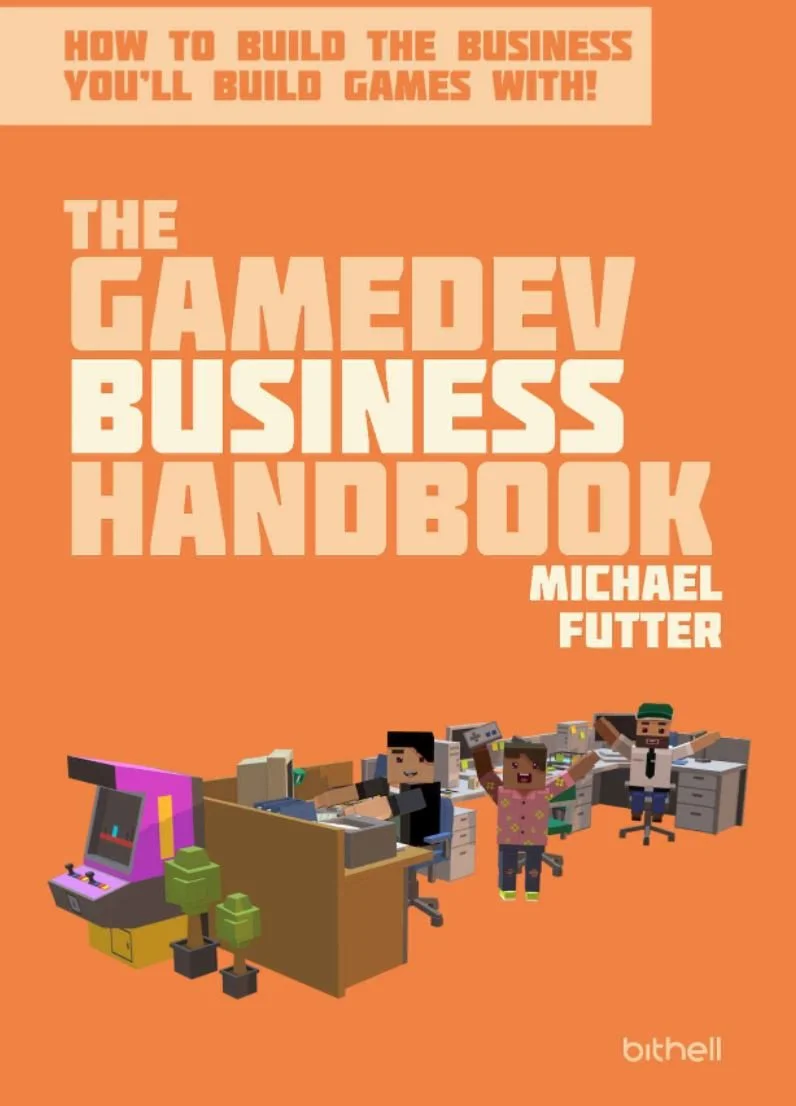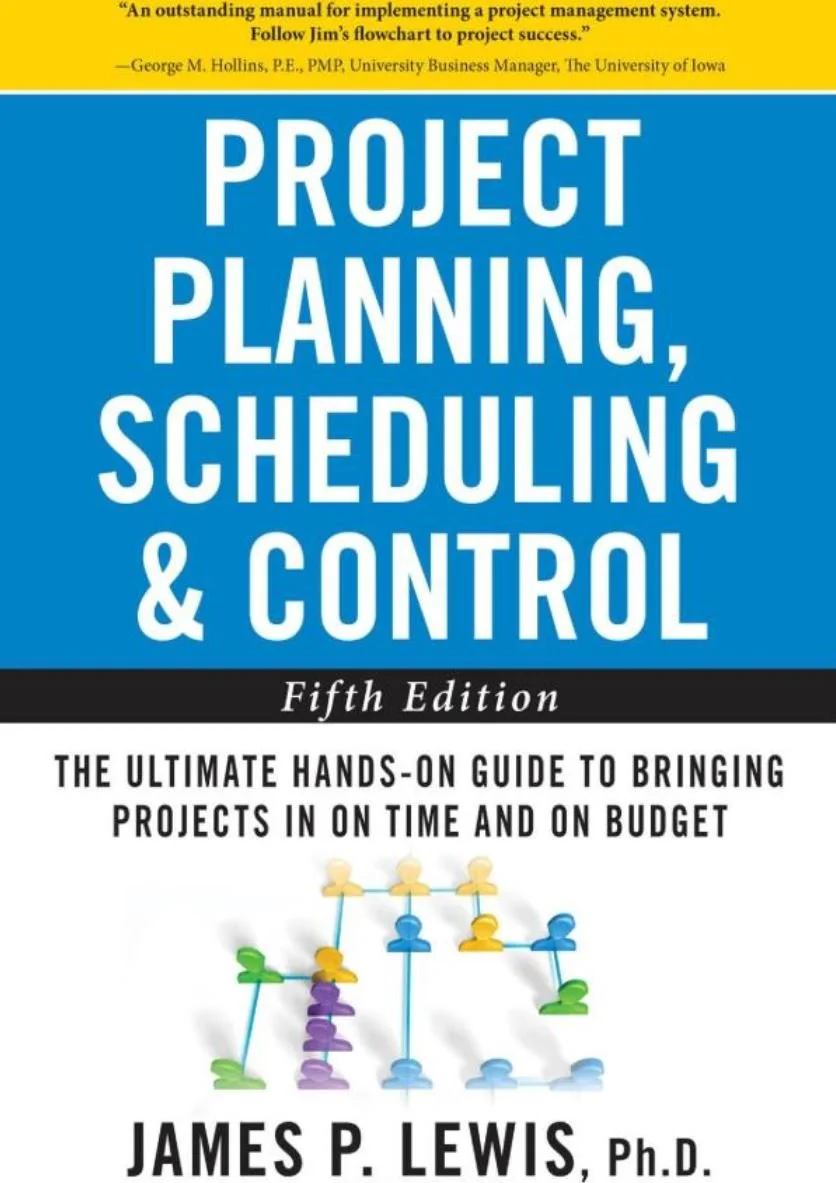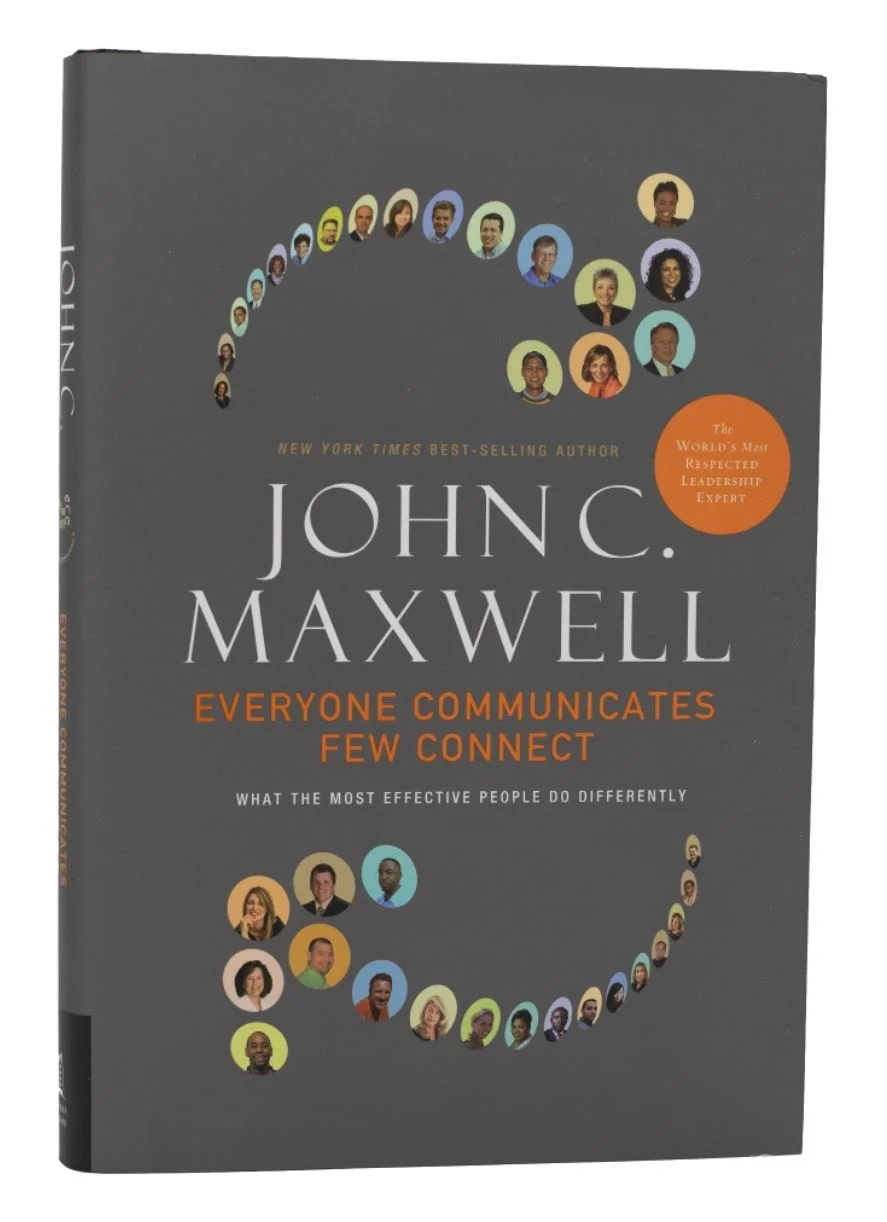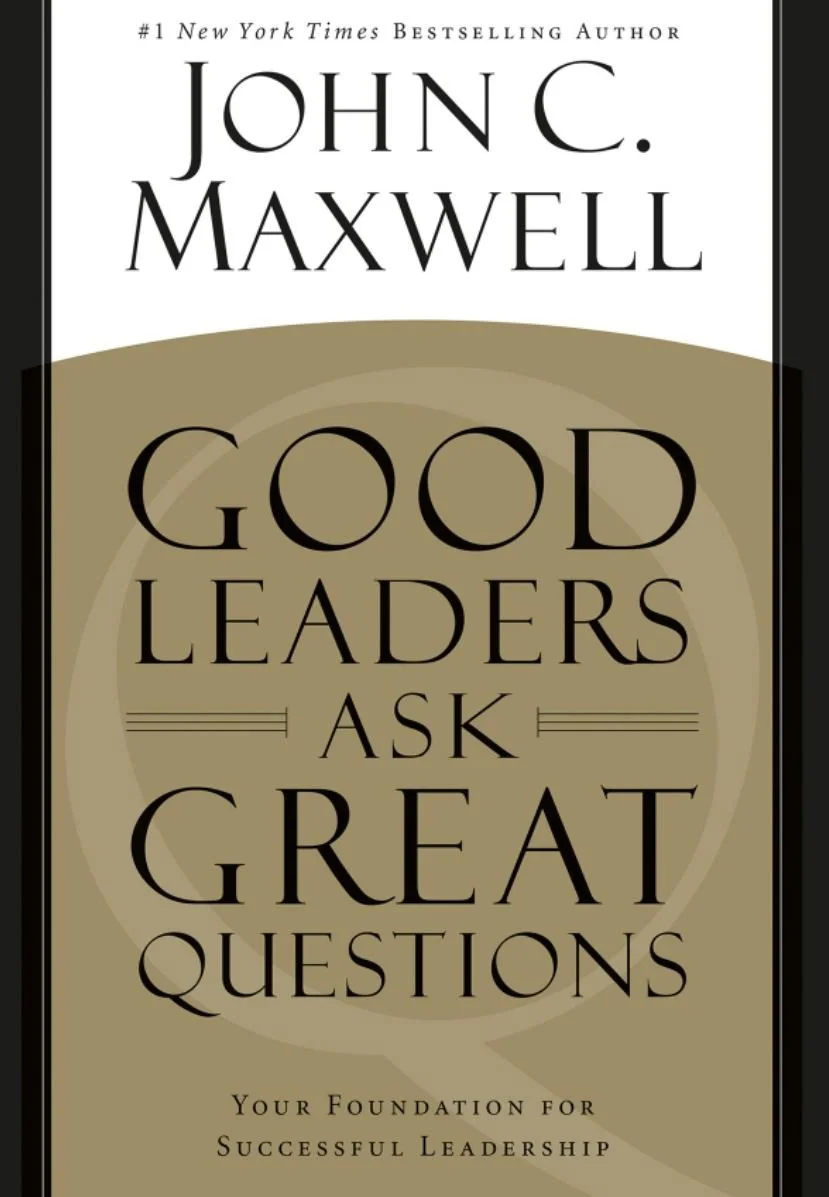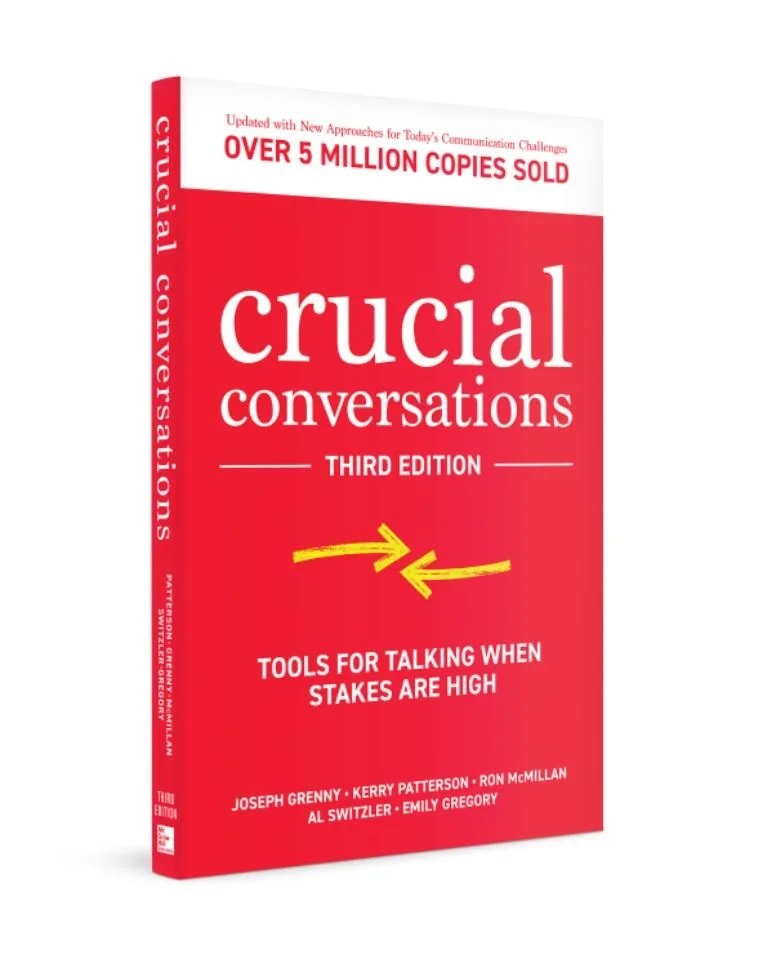Furtherance
I disliked high school. It wasn’t fun. Too much of my time was squandered in classes, learning about topics that were of no interest to me. Much to the dismay of my mother, who would always say I was wasting my potential. I knew everything I needed to know. Boy was I wrong.
It all started after my time in the Army. I began reading books with topics that I cared about. Learning more about history, money, fiction, and whatever took my fancy. This behavior parlayed into continuing my education as a professional. I believe it is important to learn and grow, without exception.
Below are some of the things I have done, in my spare time, to better myself for the video game industry. This is by no means a comprehensive list. By tomorrow it might change. That’s the beauty about learning. You never know what is going to come next.
Certifications
Professional Scrum Master
I was told that if I wanted to be a producer in the gaming industry, I should learn Scrum. Not that it was required, but it was something that I needed to know. Once I knew there was a certificate, my instructor didn’t have hers yet, and a cookie was on the line for whoever got theirs’s first…It was game on! I really enjoy it when there is a challenge placed in front of me. One with a clear end goal. After 5 months of studying, I passed my PSM I exam.
Of course, since getting this certification, it’s been a mixed bag from people in the industry whether or not it’s REALLY needed. I went into this situation hoping it would help me with a leg up when it came time for getting hired at a studio. So, it may or may not help me get a job. But it has helped me work with my teams and meet our production goals at AIE. I think it more of another tool in my belt that I can use when needed.
Game Production and Design
-
The Game Production Handbook
Easily the best book I’ve read so far about game production. It really helped confirm that this was the type of work I wanted to do.
-
Agile Game Development
This really helped me take the larger, more abstract, concepts of Agile and Scrum and combine them into video game production.
-
Art of Game Design
Was the first book I read before making my career change. Opened my eyes to there being more to designing a game than what I thought.
-
The Ultimate Guide to Video Game Writing and Design
Great introduction into all the aspects that go into making a video game.
-
Directing Video Games 101
I use this almost like a check list. Referring to it when I feel like I am missing something on one of my projects.
-
A Playful Production Process
A book suggested by the Game Production Community on Discord. I am currently reading this.
-
Game Production Toolbox
Another book focused on producing content with creative teams. Helps with planning and managing aspects of production. I have started reading this book.
-
The Gamedev Business Handbook
Bought this thinking I might need it if I wanted to start a studio. Not sure that’s 100% in the cards for me. I own but still need to read.
-
Project Planning, Scheduling and Control
Was thinking about getting into project management if I was not reaching my goals with producing. I own but still need to read.
-
Product Roadmaps
I wanted to get a bigger picture view of the planning needed to make the games I want to make. I feel like it might be too high level for my current abilities. Need to read.
Leadership and Management
-
Leaders Eat Last
This was something that was instilled in me during my time in the Army. This book takes that notion and explains that it much better than I ever can.
-
Turn the Ship Around!
Set some solid examples of how I can help change then improve a team’s culture over time. It is important to let your team learn from their mistakes.
-
Everyone Communicates Few Connect
I got the message across, but I was not making a lasting impression on my team. This helped.
-
Good Leaders Ask Great Questions
Hitting on a lot of the themes from other books, connecting with your team and understanding their mindset is based on asking great questions.
-
How to Get Your Point Across in 30 Seconds or Less
Helped me grab the attention of the person I was speaking sooner and helped me be more concise.
-
Bootstrap Leadership
I use this book to help knock off the rust from time to time. It has more bite-sized chunks of information that are easy to read in short bursts.
-
Crucial Conversations
This was the first book I read when I was learning how to communicate in a professional manner. I could not rely on my direct Army approach.
-
Emotional Intelligence
Reading this helped me control my own emotions when situations got intense. It also helped me empathize with someone else’s emotions.


